(CNN) — Juan Brito López was in his mid-20s when soldiers rushed into his home in the village of Pexla, nestled in Guatemala’s western highlands.
He escaped, hiding in the wilderness, but could not save his wife and four daughters.
Now 70 years old, Brito López recounted the horrors of that day to High-Risk Court A in Guatemala City this week, saying the soldiers murdered his family during the early morning raid on January 20, 1982, burning their bodies inside their wooden home.
Their deaths took place in the middle of Guatemala’s 36-year-long civil war as a series of US-backed military governments cracked down on leftist rebels across the country.
Guatemala’s counterinsurgency campaign led to the death of over 200,000 people, 83% of whom were indigenous Maya, according to a United Nations-backed truth commission in 1999.
Decades later, the bloodshed is being relived in the high-profile trial of the former head of Guatemala’s army, Manuel Benedicto Lucas García, in a monthslong process that is expected to see more than 150 witnesses, 30 survivors of sexual violence and dozens of forensic experts give testimony.
According to Brito López and other witnesses who lived in the western Quiche region, troops under the command of Lucas García killed men, women, and children, driving the indigenous Maya Ixil people who lived there away from their homes.
The former labourer, who sometimes broke into tears during his testimony, spoke in front of a large screen broadcasting Lucas García’s impassive figure.
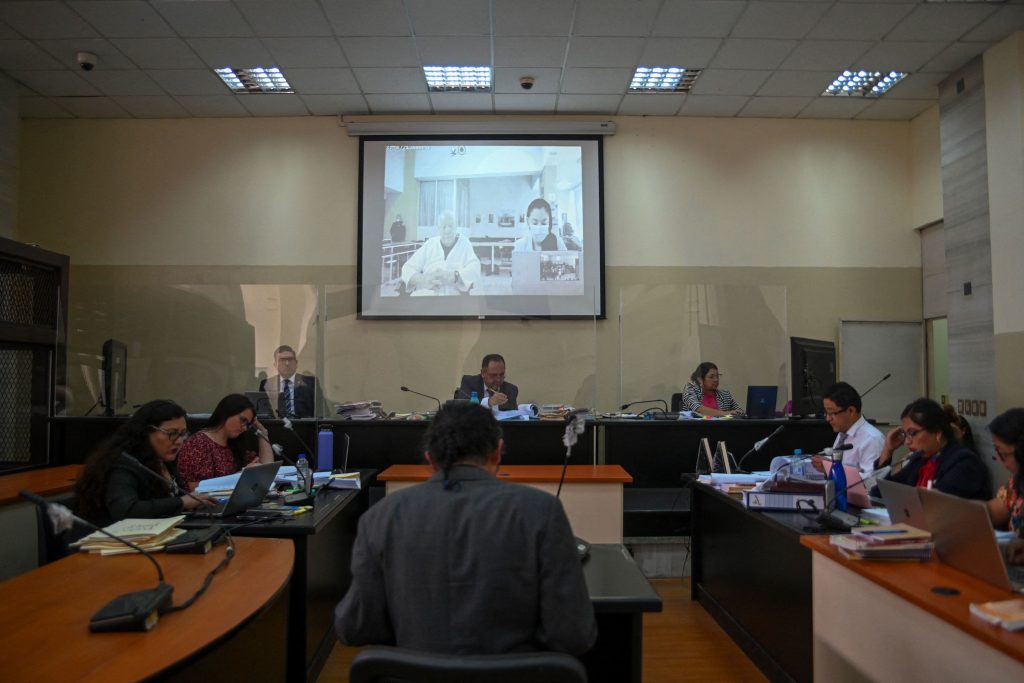
The retired general has been indicted for genocide, crimes against humanity, forced disappearances, and sexual violence against the Maya Ixil people, according to the organisation representing the victims, the Association for Justice and Reconciliation (AJR).
AJR accuses him of ordering more than 30 massacres and destroying 23 villages in the Maya Ixil region, causing the death of at least 1,771 people when he led the army between 1981 and 1982 – during the tenure of his brother President Fernando Romeo Lucas García.
The former general has denied the charges, with one of his lawyers telling the court last week that “Lucas García will request an acquittal sentence with immediate freedom.”
CNN has attempted to contact his legal representation for comment.
The trial is among several important war crime proceedings since the 90s that have been attempting to address atrocities during the civil war, which ended in 1996.
The proceedings have stuttered over the years, some producing ground-breaking results – including the first time a Guatemalan head of state was put on trial. In 2018, a Guatemalan court ruled that the army committed acts of genocide, but no one was convicted.
Human rights organisations and the Mayan victims of wartime massacres have been increasingly frustrated by the slow road to justice – especially when the alleged perpetrators and their victims begin dying of old age.
Lucas García, 91, was meant to face trial this year with former military intelligence chief Manuel Callejas y Callejas.
Both men were convicted in 2018 of aggravated sexual assault, crimes against humanity, and forced disappearances, and given a 58-year prison sentence.
Callejas y Callejas was deemed unfit to stand in this current trial as he is suffering from dementia, said Jesús Silvio, acting president and legal representative of AJR, told CNN.
Scorched earth campaign
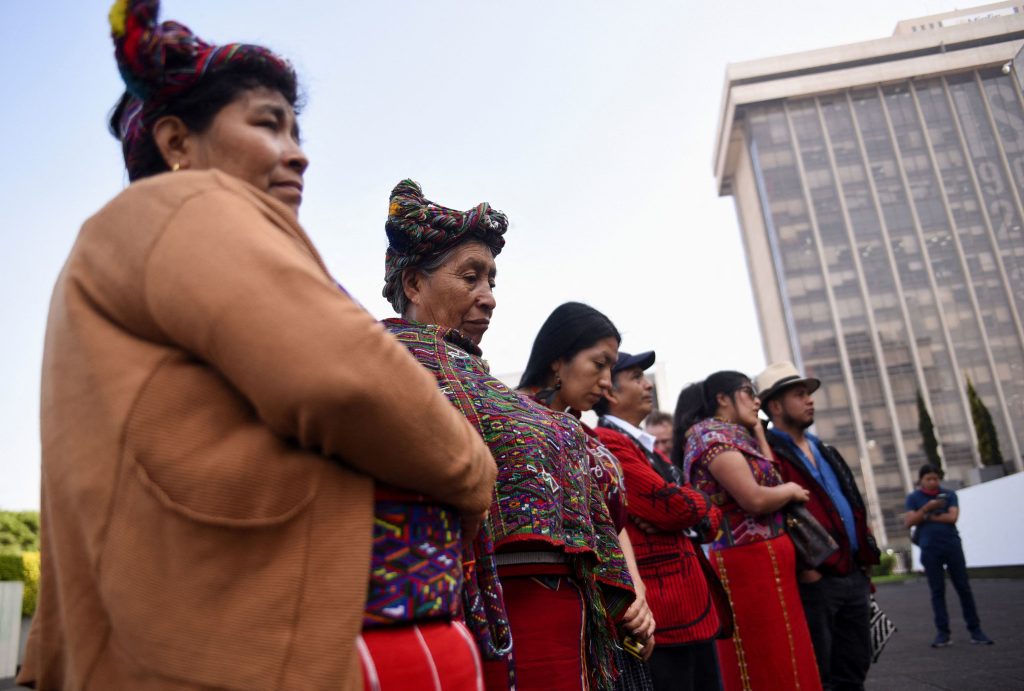
The bloodshed during the civil war increased dramatically under President Romeo Lucas García’s regime (1978-1982), according to a report by Human Rights Data Analysis Group, which saw “what had been a selective campaign against guerrilla sympathisers turned into a mass slaughter.”
“Under his rule, that is when the scorched earth campaign against indigenous communities of Guatemala really picked up,” Jo-Marie Burt, a senior fellow at the Washington Office on Latin America, who is an expert on human rights and transitional justice in Guatemala, said.
The period saw soldiers and paramilitary forces execute Mayan authorities; tens of thousands of people were forcibly disappeared, and entire villages were burned to the ground.
A UN-backed Commission for Historical Clarification (CEH) report found that between 1981 and 1983, a period when Lucas García helmed the military, the Guatemalan state committed acts of genocide against five Mayan groups, including the Ixil people.
The army said it was countering a leftist insurgency, but the report found the state “deliberately magnified the military threat of the insurgency” and “in the majority of cases… intentionally exaggerated” the connection between the Mayan communities and the guerrillas.
Racism was a component behind the violence, the report said, as it also concluded that “the undeniable existence of racism expressed repeatedly by the state as a doctrine of superiority” explains the “brutality with which military operations were carried out against hundreds of Mayan communities.”
Burt said this “expression of racism is extremely profound,” and its knock-on effects are evident in Guatemala today.
During a separate genocide trial in 2013, which led to the conviction of dictator Efrain Rios Montt, Burt, who was observing the proceeding in person, saw supporters of the general spray perfume on seats that had been sat on by indigenous people.
Today, Guatemala’s indigenous communities account for more than 40% of the country’s population, but “their participation in public institutions and public life is certainly smaller in comparison to their size,” said Tiziano Breda, a Latin American expert at the Armed Conflict Location & Event Data Project, of the deep inequalities that remain in Guatemala.
“Infrastructure and services in areas mostly habited by the indigenous population (are) very dire, and the fact there are 22 Mayan languages in the country, and there are almost no signs in the capital in those languages” are telling, he added.
A million people became refugees due to the civil war, and today, inequality has made the Central American country one of the highest source countries for migrants encountered at the US borders, many of whom come from rural areas largely populated by indigenous Guatemalans.
Delayed justice
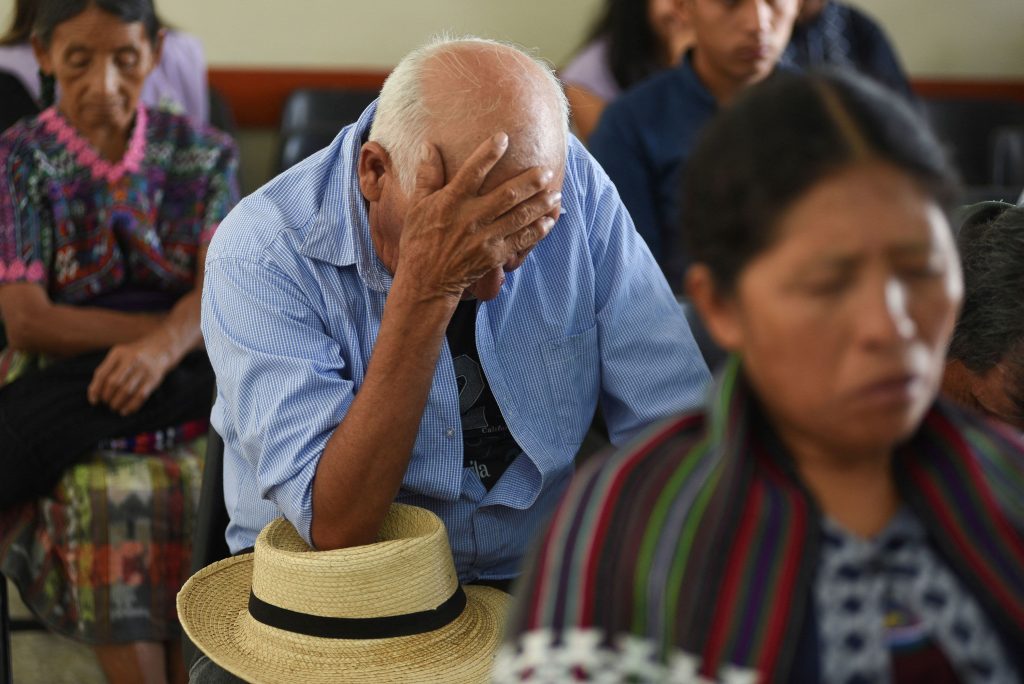
It took post-conflict Guatemala years to build up capacity in its judicial system. Positive steps were made in the 2000’s with vital reforms and leadership by individuals like Claudia Paz y Paz, who became attorney general from 2010-2014 and worked to break the tradition of impunity by criminal elements in the country, Burt said.
International actors, like the UN-backed International Commission against Impunity in Guatemala (CICIG), assisted in hundreds of convictions, trained prosecutors, and have been attributed for helping reduce the country’s homicide rate.
But CICIG was dissolved in 2019 during a period of democratic backsliding in the country, where successive Guatemalan governments and the country’s elites have been accused of attempting to control the country’s judiciary.
Dozens of prosecutors and judges fled the country. Those who remain have reported privately about receiving death threats, say experts.
“The system is co-opted,” Silvio from AJR said. “So, this case has been delayed for 13 years and we still do not understand the reasons but this year they gave us the possibility.”
The issue was not building a case, but it was “overcoming the fear of going after some of these people, some of the most violent operators in Guatemala’s military regime, who maintain connections with armed actors and their own network of violent people,” Will Freeman, Fellow for Latin America studies at the Council on Foreign Relations, said.
CNN has reached out to Guatemala’s Prosecutor’s Office and Department of Justice for comment.
The country’s current President Bernardo Arévalo, an anti-corruption figure who defied the odds and won the election last year in a landslide victory, has promised to empower the judiciary.
He has been constrained by the Public Ministry – led by US-sanctioned Attorney General Consuelo Porras – that has made two requests to withdraw his immunity and is accused of attempting to disqualify the results of his election. Guatemala’s Attorney General’s office hasn’t responded to CNN’s multiple requests for response to this accusation.
The victims’ advocates hope the trial will bring a measure of accountability to those who perished during the war, but time is running out, said Michelle Liang, who has been monitoring the trial as an international accompanier for the Network in Solidarity with the People of Guatemala (NISGUA).
Lucas García’s team has been deploying “tactics of delay to basically try to wait out the witnesses,” she said. “They know that other witnesses are getting old, and already more than 40 witnesses have passed away.”
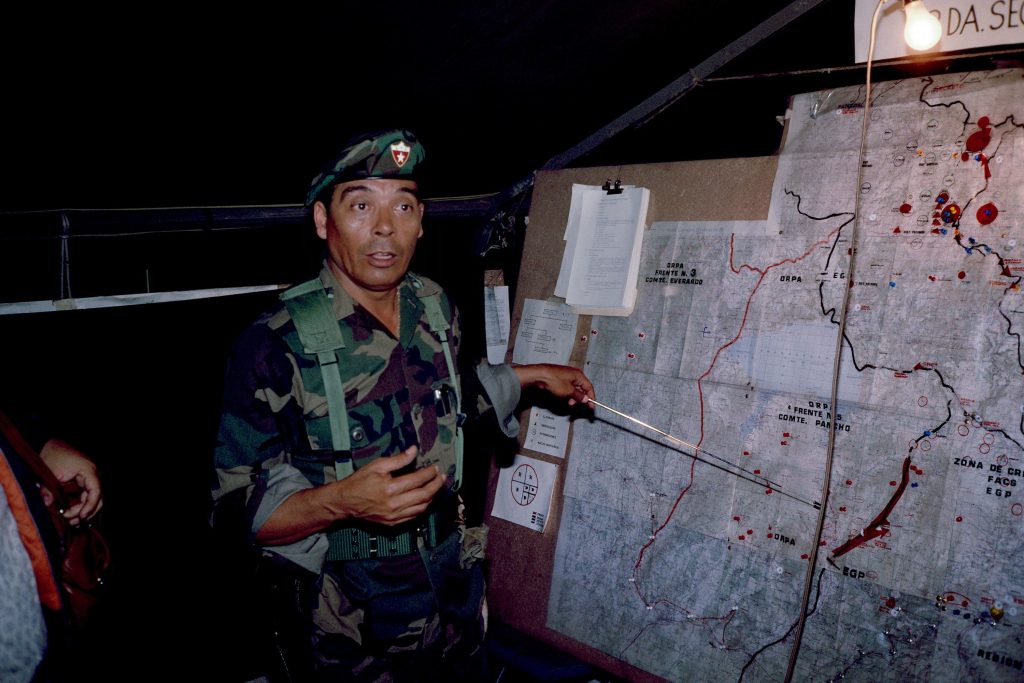
CNN has repeatedly attempted to reach out to his public defender and his private attorney.
When the trial was due to start at the end of March, Lucas García’s lawyers announced their resignation. He ended up using a public defender, who needed five days to familiarise herself with the case, according to the law, pushing proceedings back to April 5.
During Brito López’s testimony this week, he admitted to not being able to remember some details like the age of his wife when she was killed or the names of some of the 66 villagers he said were killed in his village.
What remains clear is the trauma of that period, where he was too devastated to collect the remains of his family members. “I couldn’t stand the sadness,” he said.
“I fainted, so others collected the ashes.”
Another victim Catarina Chel told the court about the days she spent in the mountains in January of 1981. She was hiding from soldiers who had rounded up her neighbours and killed them in a house used to store corn, she said.
Now more than 40 years after that date, she is no longer in hiding.
Dressed proudly in traditional dress, she made her testimony feet away from a screen broadcasting a live feed of her village’s alleged tormenter, Lucas García.
“He was the one who commanded the armies, and they killed my children,” she said.
It is not money that the victims want, what they need is accountability, Silvia from AJR said.
“Whether or not a conviction is achieved,” he said, what the AJR and its witnesses seek is a record of “what happened so that is never repeated.”
___________________________________
By Tara John and Ivonne Valdés, CNN and CNN en Español
CNN’s Tara John reported and wrote from New York and CNNE’s Ivonne Valdés reported from Mexico City.
The-CNN-Wire
™ & © 2024 Cable News Network, Inc., a Warner Bros. Discovery Company. All rights reserved.

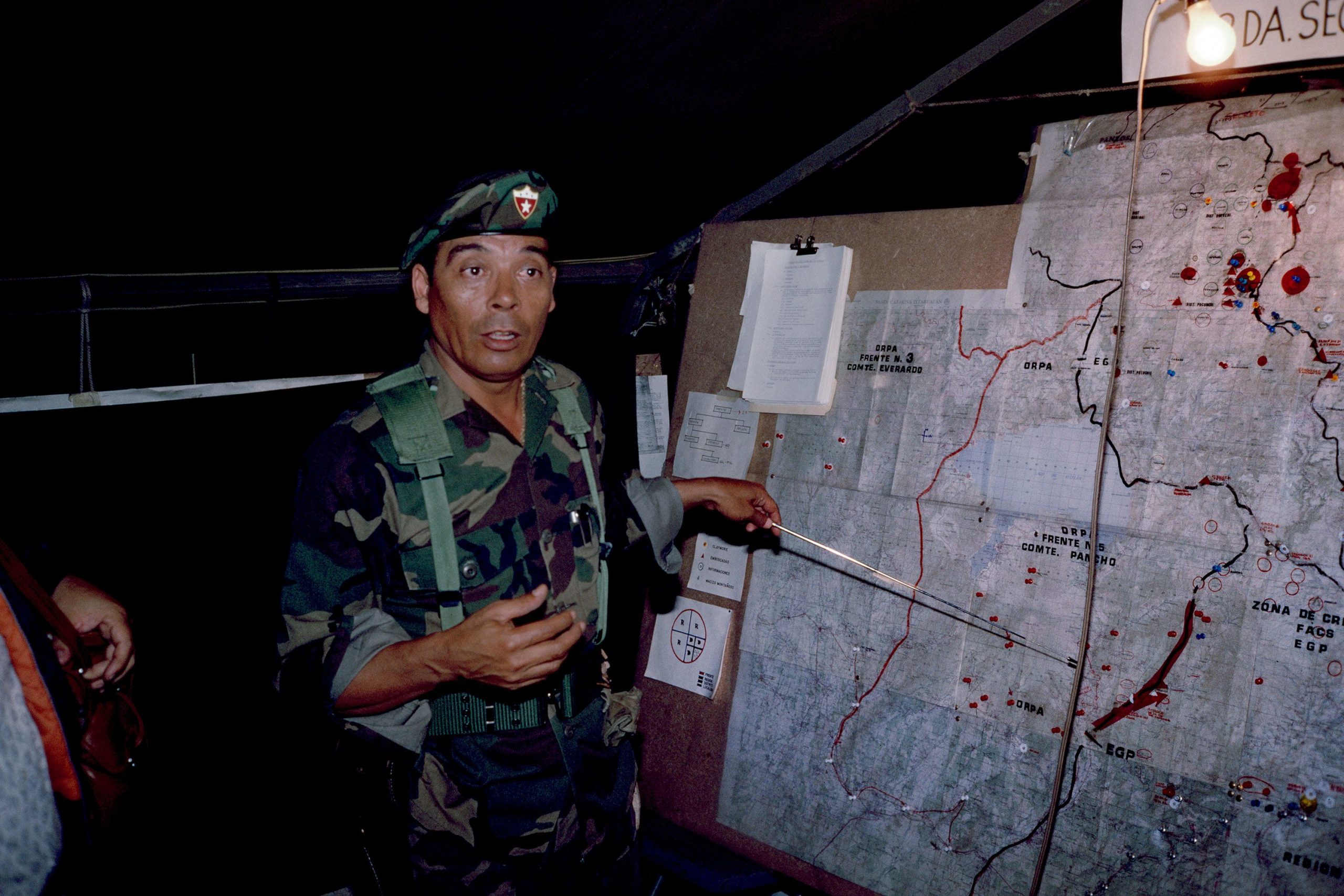
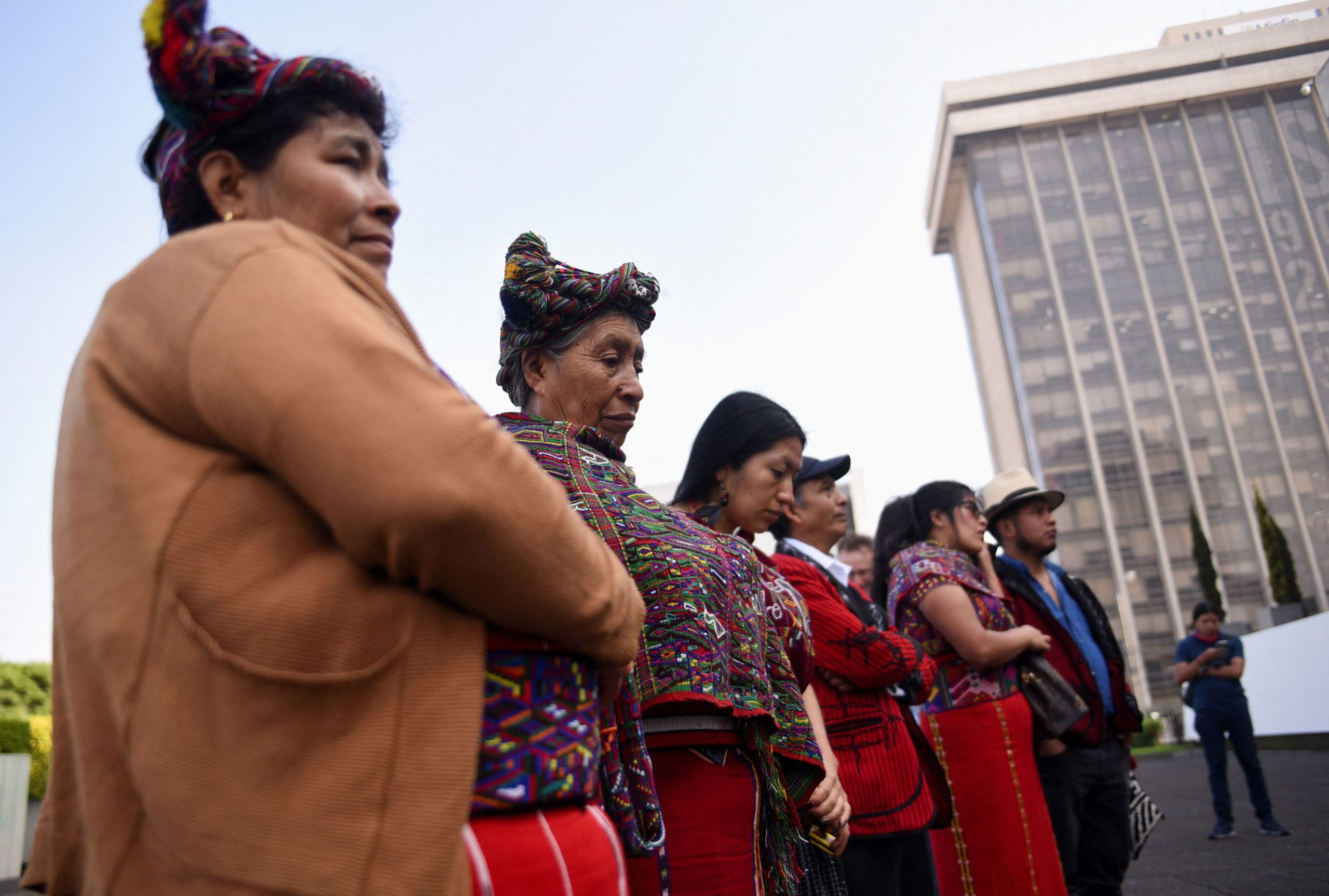
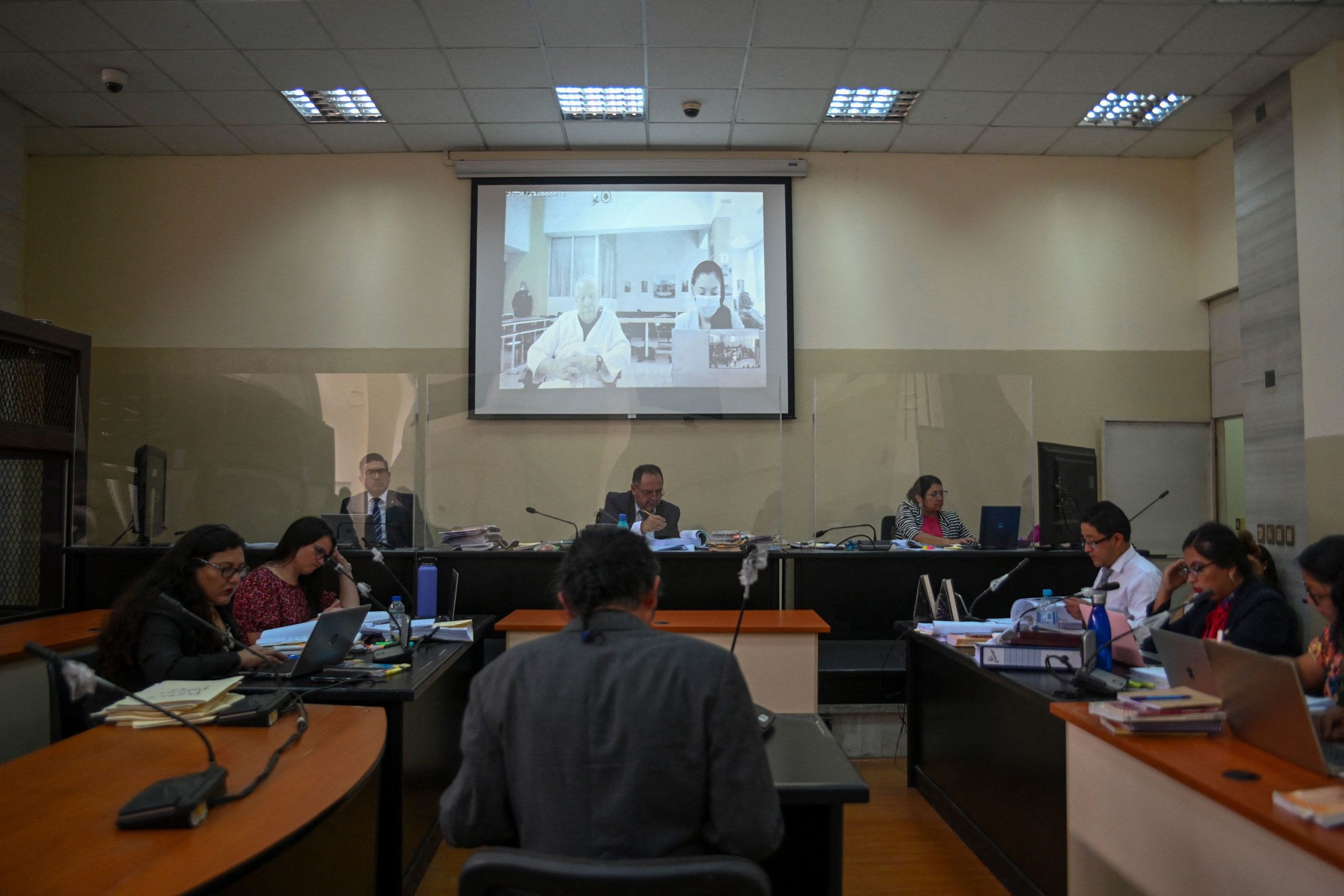
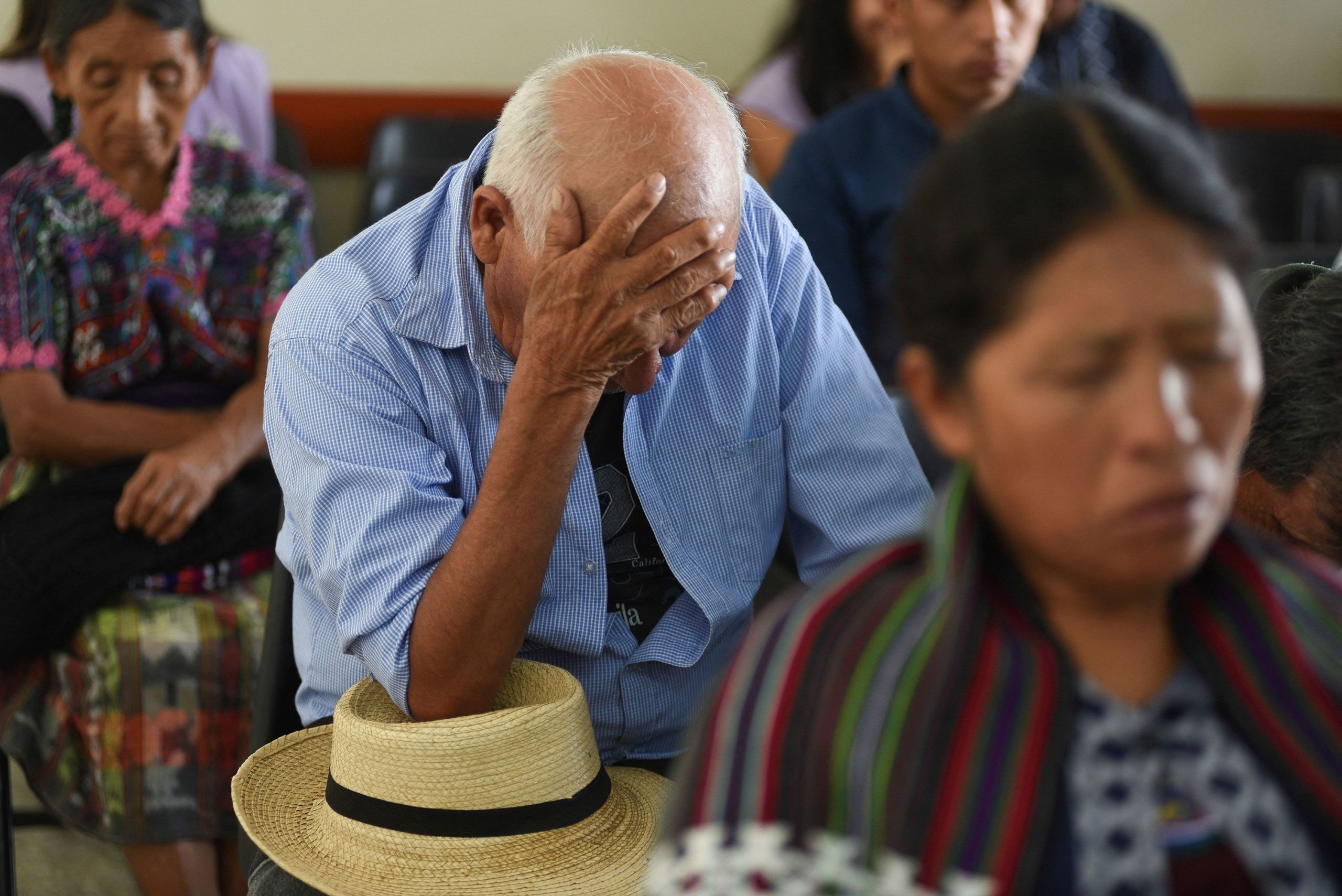

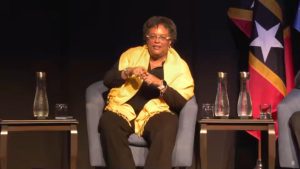
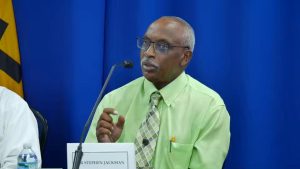
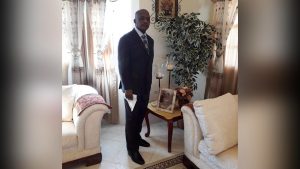
More Stories
Government responds to criticism of decision to import chicken wings
Major sports tourism proposal
Concern over undiagnosed learning issues in children